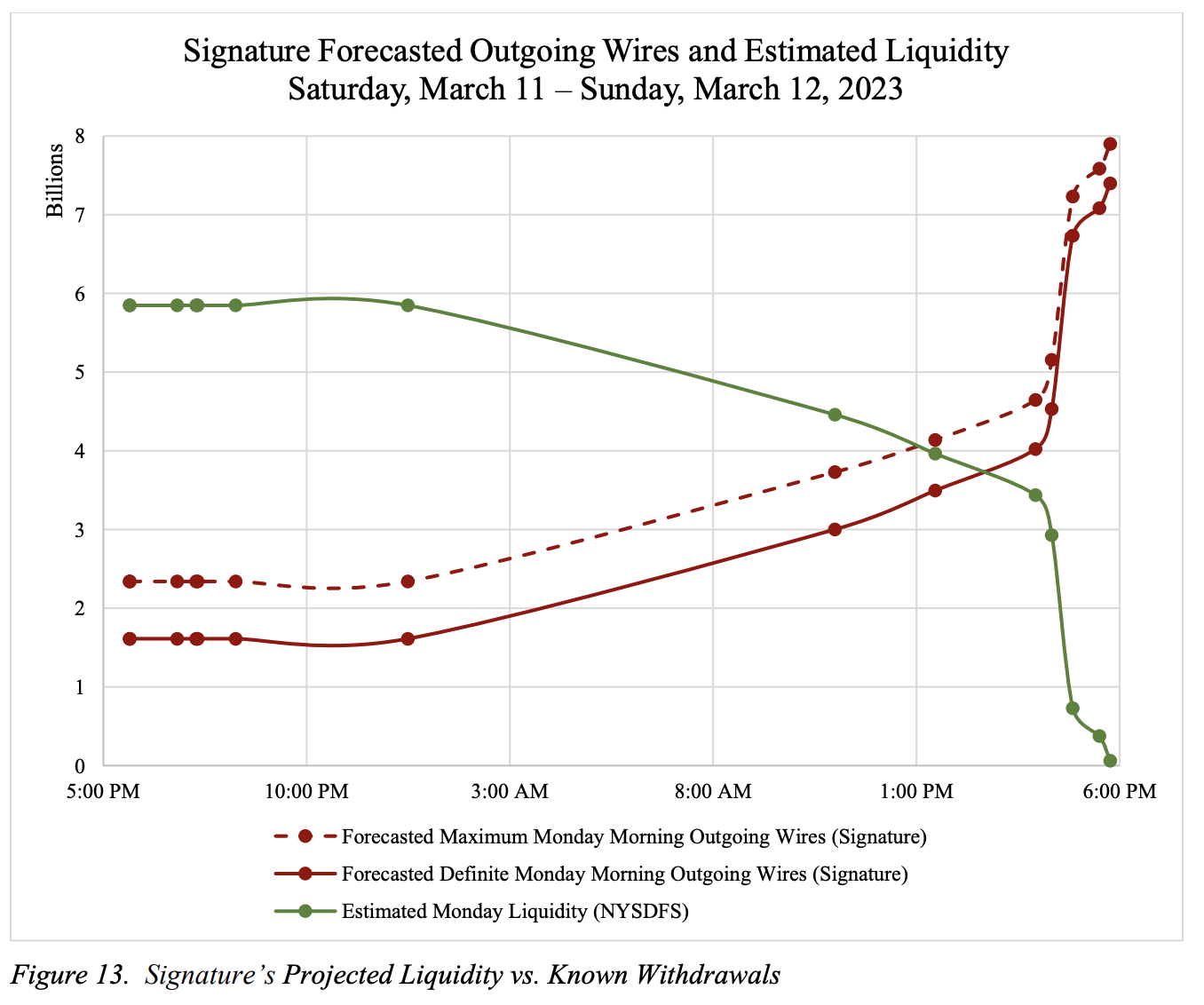Introduction
The recent surge in discourse surrounding “debanking,” spurred by prominent voices in venture capital and finance, exposes a troubling intersection of financial power and political maneuvering. The concern revolves around the ability of regulatory entities and financial institutions to close accounts or deny services based on subjective criteria, often without due process, drawing parallels to systemic discrimination in access to essential resources like electricity.
The Concept of Debanking
Debanking is described as the involuntary closure of banking accounts, typically without adequate justification. This phenomenon appears to intertwine with political agendas, creating a chilling effect particularly felt by entrepreneurs in controversial sectors like cryptocurrency. At its core, the practice raises fundamental questions about fairness, due process, and the responsibility of financial institutions in safeguarding rights.
Understanding Involuntary Account Closures
Involuntary closure of accounts stems not only from subjective judgments about customer behavior but also from broader regulatory pressures. Such actions can leave individuals and businesses vulnerable, particularly in marginalized communities where access to banking is already tenuous. Anecdotes illustrate that many of those impacted lack the connections or resources to navigate this bureaucratic maze.
Anecdotes and Implications
Through personal accounts, the narrative captures the frustrations of individuals who find themselves unexpectedly debanked. These experiences highlight the delicate balance between a bank’s operational risk management and a customer’s right to fair treatment. The decision to close accounts often reflects not just on individual cases but on systemic issues within the banking infrastructure.
The Role of Political Narratives
The political implications of debanking extend beyond individual cases; they tap into broader narratives about power, control, and liberty. The phrase “Operation Choke Point” emerges as a notable example of how governments can use regulatory pressure to target specific industries. Critics argue that such approaches can create an environment where entire sectors can be pushed to the periphery of legitimate economic activity.
Consequences for Crypto and Other Innovative Sectors
Particularly affected by these trends are the cryptocurrency sectors, which have faced increasing skepticism from traditional banking institutions. The fallout from high-profile scandals, such as those involving figures like Sam Bankman-Fried, has fueled an environment of regulatory caution that targets the whole industry rather than addressing the nuances of individual actors.
Key Takeaways
- Debanking represents a significant trend in financial exclusion, particularly for those in politically sensitive or emerging industries.
- The intersection of politics and banking raises critical concerns about due process and individual rights in financial services.
- The implications of account closures extend beyond personal inconvenience, affecting broader market dynamics and industry reputations.
- With a regulatory focus on reputational risk, the challenges faced by non-traditional sectors like cryptocurrency become magnified, potentially restricting access to essential banking services.

